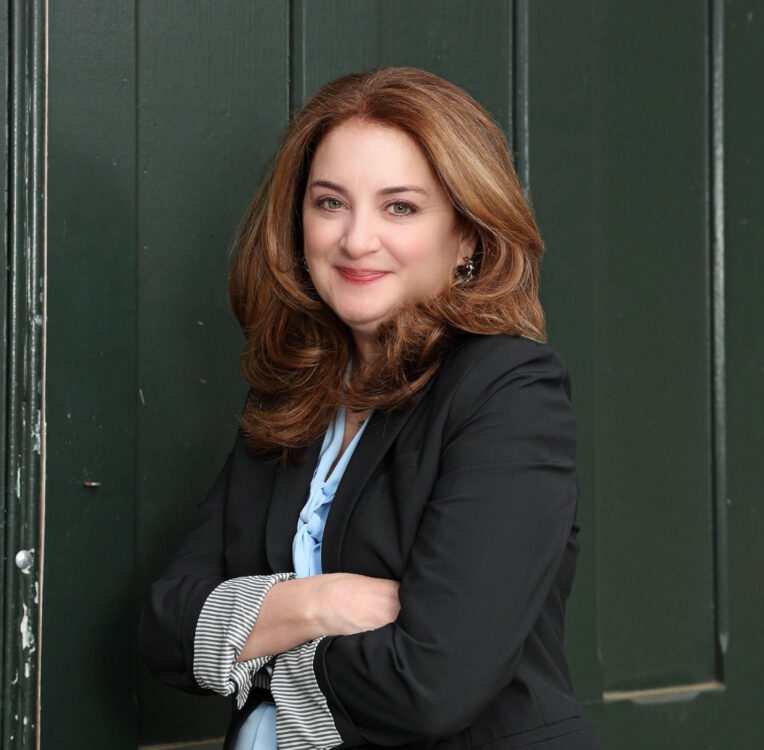
McGreevey: Jersey City Needs To Fix Its Dysfunctional District and School Board
April 12, 2024
Ed Law Center: This Private School Voucher Bill Is Extremely Dangerous
April 15, 2024All New Jersey Voters Should Care About Newark School Board Elections
Newark Public Schools district (NPS) is famously dysfunctional and often featured in news stories, be it for Superintendent Roger Leon’s refusal to allow public access to a taxpayer-funded report on anti-Black racism at one of the high schools or for the concession that the district bought a dilapidated building for $4.5 million to turn into a “museum” or for the rock-bottom student proficiency scores.
Next Tuesday, April 16th, Newark will hold its annual school board elections, with nine people running for three three-year terms and one person running for a one-year term. Regardless of where you live, every New Jerseyan should care. After all, Newark is our largest and most expensive school district, with $1.25 billion of state tax dollars going towards its $1.5 billion annual budget.
Two recent school board candidate debates, one sponsored by the NAACP and the other by Project Ready, both covered by TAPinto Newark, offer not only competitors’ views on the district’s most pressing issues but also a window into district politics. In addition, Chalkbeat Newark collated answers from candidates on percolating issues. Note to newbies: Per tradition, the mayor, currently Ras Baraka, backs a slate that always wins. This year the slate, called “Moving Newark Schools Forward,” includes Dawn Hayes, Vereliz Santana, and Helena Vinhas for the three-year terms and Kanileah Anderson for the one-year term. All are incumbents; Anderson and Vinhas filled two open seats in January. The other candidates are Che’ Colter and Muta El-amin, who are on a two-person slate called “It Takes a Village,” Latoya Jackson, Debra Salters, Jimmie White, and Sheila Monague.
Even neophytes won’t be surprised to learn that during school board campaigns incumbents typically praise their school district and challengers cast aspersions. In both candidate forums and the questionaire that pattern held true..
The “Moving Newark Schools Forward” slate used a variety of synonyms to praise NPS: It’s “amazing,” “innovative,” “improving every day,” and “has surpassed my expectations.” When asked about the most pressing issues, Anderson and Santana cited chronic absenteeism; at the most recent school board meeting it was revealed that at one of the high schools 38% of students missed 10% or more of school days. Vinhas referred to teacher retention and over-crowded schools (which one could quibble with as TAPinto did so brilliantly here) and Hayes said the biggest problem was culture and climate. (Last year she pulled her daughter from the High School of Global Studies after she was called “a terrorist and the n-word.”) Anderson emphasized that “the public has to understand that everything that is public information is readily accessible to them on the District’s website.” Santana called on the district to ensure translations are available for all languages spoken within the district or the lease agreement with a private developer for a new high school.
The challengers are less sanguine (although it’s worth noting that the culture wars were conspicuous by their absence). Here are a few examples of candidates’ concerns:
Colter: “I believe there needs to be more transparency into the Creed report [commissioned by the Board to analyze the anti-Black racism at Global Studies, which has not been released to the public] and the board’s decision to renew Superintendent Roger León’s contract [approved without opportunity for public comment, which is required by law].” Colter also spoke about “money wasted on school construction.” He may be referring to that recent $4.5 million purchase or an expensive lease agreement for a new high school.
Salters has the same transparency concerns. From TAPinto:
“Challenger Debra Salters was among the candidates to call for the release of the taxpayer-funded CREED Strategies report, which officials have said details solutions for anti-Black racism at Global Studies High School”
Salters also discussed the recently adopted $1.519 billion school budget, which the board held a public hearing on last month. At the NAACP forum, she claimed Newark students’ “brain cells are being atrophied in school because they’re being dumbed-down with education that does not meet them where they need to be met.” She also called for more openness with the public about fiscal matters: “When we ask for the specifics of where the dollars are – the line-by-line items are – that is transparency, because when we have to OPRA request or we have to keep asking, or we have to keep going around in circles to get this information, that does not look like transparency.”
El-Amin agreed with Colter on being honest with the public: “I believe the board’s lack of transparency is the biggest issue. Board members act as a steering committee to the superintendent, relaying the community’s vision while keeping them informed of the progress.” He also had harsh words for the power of the City Council to control school board elections: “When you talk about transparency, we want to make sure that wherever the money is, we want to make sure that we don’t have outside forces influencing our school system. We want to make sure that our mayor is not the direct force influencing our school system, it should be the parents.”
Montague said, “I want to talk about the four out of five kids who can’t read and write in the third grade and how those reports get sent to the printing presses. Those are the people that are not being successful, and that’s why I am here.” She also mentioned “misappropriation of funds.”
Jackson didn’t mince words: “There are a lot of things being swept under the rug in the HOUSE OF LEÓN. Our district has been looked at worse than under state control. I want to be the first to say a pardon should be given with our expectations of perception. Tell us the truth so we can know how to face this reality together as a COMMUNITY. When our children don’t receive an adequate education, the community endures the failures. When the community knows what support is needed, it’s a recipe for success!”
Hayes, who has served as school board president, responded. “We are moving our schools forward,” listing accomplishments like increasing trips, parent participation, and before- and after-school programming.
White didn’t appear for either forum. His answers to the questions focused on the need for civics education and bilingualism.
The burden on families in Newark who rely on district schools is enormous: At Barringer High School, which enrolls 1,800 students, nine out of ten can’t read at grade-level and the math scores are so low the state redacts them. Voter participation in Newark school board elections is typically very low. Last year only 3% of eligible voters cast ballots. Perhaps candidates’ greater visibility will spur interest, which would be a boon for all New Jersey parents, students, taxpayers, and residents.




